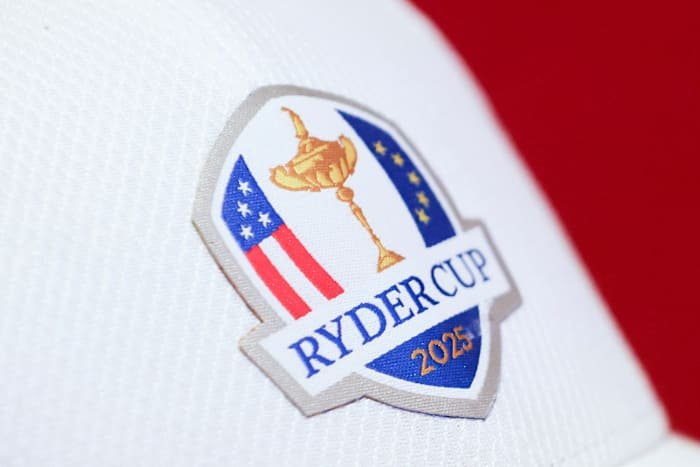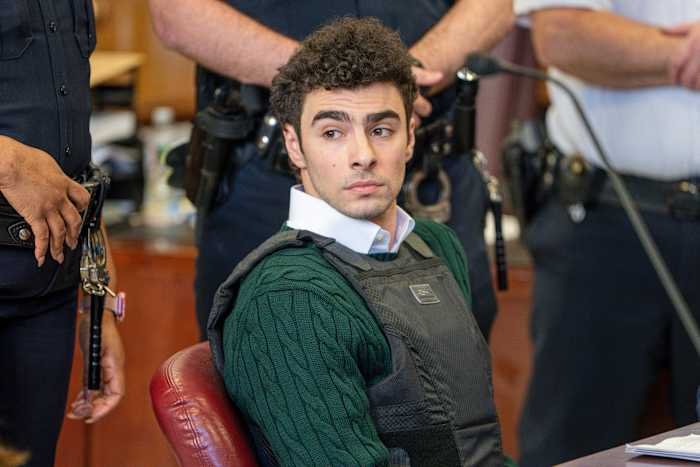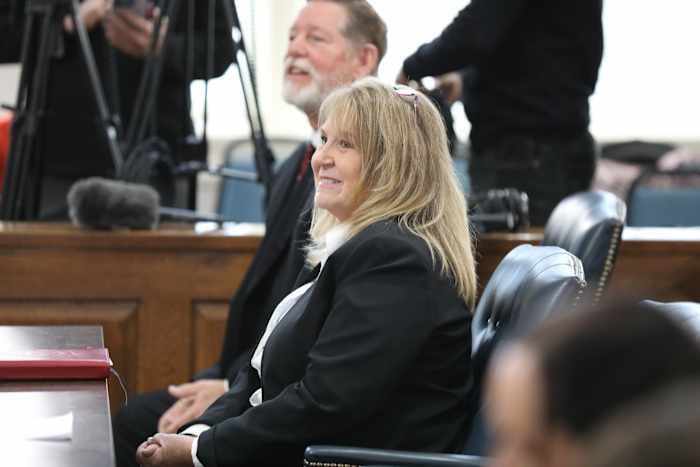Orlando, FL — As the soccer world prepares for summer tournaments in the United States, Chelsea midfielder Enzo Fernández is raising concerns about the dangers of playing in high temperatures. With the FIFA Club World Cup final on the horizon, Fernández has publicly urged FIFA to reconsider scheduling World Cup matches in the hottest parts of the day. His comments resonate especially here in Orlando, where locals are no strangers to the challenges posed by extreme heat—both for athletes and fans alike.
Fernández’s Warning: Afternoon Games and Player Safety
In a recent press conference, Enzo Fernández didn’t mince words: “Playing in the afternoon in this heat can be dangerous for us.” The Argentine star, fresh from Chelsea’s campaign and heading into a global final, emphasized how the searing summer temperatures across American cities could impact players’ health and performance.
Fernández’s concerns are not isolated. Paris Saint-Germain players have echoed similar sentiments about the U.S. climate, particularly during the summer months when major international tournaments like the FIFA World Cup could take place. With Orlando’s average summer highs often exceeding 90°F (32°C), the risk of heat exhaustion, dehydration, and even heatstroke is a real threat for athletes competing in afternoon matches.
Orlando’s Climate: A Unique Challenge for Soccer Events
Orlando has a rich history of hosting major soccer events, from MLS matches at Exploria Stadium to international friendlies and youth tournaments. However, the Central Florida heat and humidity present unique challenges. Athletes, coaches, and medical professionals consistently adapt their routines to cope with the weather, but the risk remains high during afternoon games.
For local fans, the prospect of Orlando hosting World Cup matches is exciting, but it also raises questions about player safety and the fan experience. Afternoon kickoffs, which are often favored for European television audiences, could put both at risk. In past local tournaments, organizers have adopted cooling breaks, increased water stations, and enhanced medical readiness, but Fernández’s comments spotlight the ongoing need for vigilance and adaptation.
The Science: How Heat Affects Athletic Performance
Medical experts agree that playing high-intensity sports like soccer in extreme heat can lead to serious health risks. Prolonged exposure to temperatures above 85°F, especially with high humidity like Orlando’s, can cause the body to overheat. Symptoms range from muscle cramps and dehydration to more severe complications such as heat exhaustion or heatstroke, which can be life-threatening if not treated promptly.
Performance also suffers. Studies show that athletes’ endurance, speed, and cognitive function all decline when core body temperatures rise. For a city like Orlando, hosting games at midday in July or August could mean not only a slower, less dynamic match but also a greater chance of medical emergencies on and off the field.
What Can FIFA and Local Organizers Do?
Fernández’s call to action is a timely reminder for FIFA and local event organizers in Orlando and across the U.S. Some practical solutions include:
- Scheduling Matches Later: Shifting kickoffs to the evening when temperatures are lower can dramatically reduce health risks.
- Enhanced Hydration Policies: Mandating more frequent water breaks and providing ample hydration stations for players and fans.
- Medical Readiness: Increasing the presence of medical staff and emergency services at venues, especially during summer events.
- Fan Comfort: Adding misting stations, shaded areas, and free water at stadiums to keep everyone safe and comfortable.
Orlando, with its experience in managing hot-weather events, could serve as a model for best practices if given the opportunity to host World Cup matches. Open communication between international organizers, local officials, and players is key to ensuring a safe and successful tournament.
Orlando’s Role in the Future of U.S. Soccer Tournaments
As the U.S. gears up for a slate of high-profile soccer events, including the 2026 FIFA World Cup, cities like Orlando will be in the spotlight. Fernández’s warning is an opportunity for Orlando’s sports community to showcase its proactive approach to player welfare and fan safety.
With the city’s track record of successful event management and its passionate soccer fanbase, Orlando is well-placed to advocate for player-centered scheduling and innovative solutions to beat the heat. It’s a chance to ensure that the magic of the World Cup isn’t overshadowed by preventable health risks.
Conclusion: Join the Conversation
Enzo Fernández’s comments have sparked an important discussion about the intersection of sports, weather, and safety—a conversation that Orlando is uniquely positioned to lead. As we look forward to more global soccer action in Central Florida, what changes would you like to see to keep players and fans safe? Should FIFA avoid scheduling matches during the hottest parts of the day?
Share your thoughts in the comments below and let us know how you think Orlando can set the standard for safe, unforgettable sporting events!
















